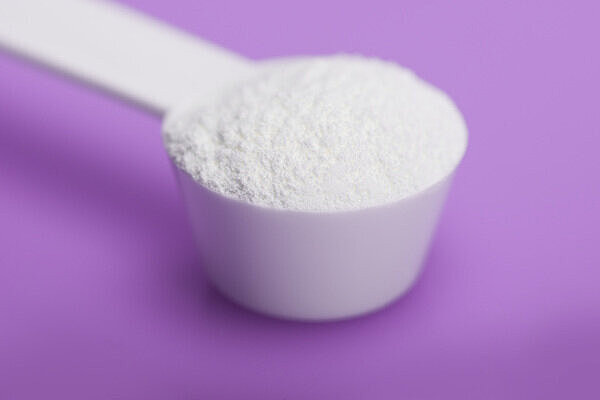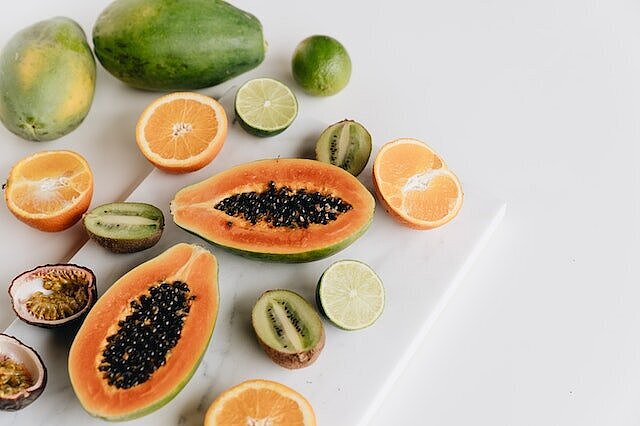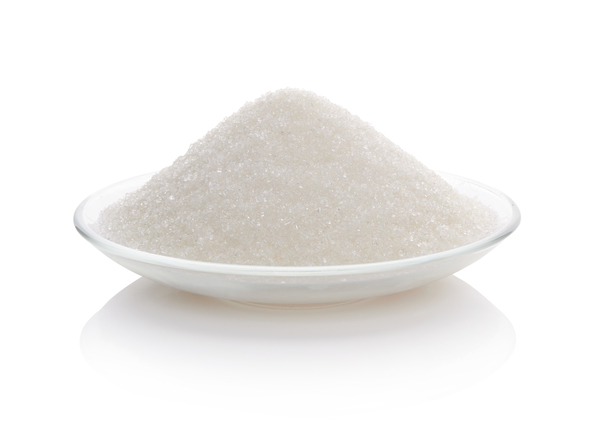Maltose

Is maltose good or bad for dogs?
Maltose is a source of carbohydrates that dogs can use for energy. However, maltose should only be fed in moderation, as too much sugar can lead to obesity, diabetes or tooth decay. Maltose can also lead to digestive problems such as bloating or diarrhea in some dogs if they do not tolerate it well.
How much maltose can a dog eat?
There is no precise recommendation as to how much maltose a dog can eat. This depends on various factors, such as the dog's age, weight, activity level and state of health. In general, however, maltose should only be given as an occasional reward or supplement to the main food. The main diet should consist of high-quality food that is tailored to the dog's needs.
Which foods with maltose are suitable for dogs?
Not all foods with maltose are suitable for dogs. Some can even be harmful or poisonous. For example, dogs should not drink beer as it contains alcohol, which is very dangerous for dogs. Chocolate is also taboo as it contains theobromine, which is toxic to dogs. Honey should only be given in small quantities as it can contain bacteria that can lead to infections.
However, some foods containing maltose are safe for dogs as long as they are only fed in small amounts. For example, dogs can nibble on a piece of bread or a rice cake from time to time. Malt cookies or malt sweets can also be used as treats if they do not contain any artificial additives.
Maltose is a sugar that is found in many foods. It can provide dogs with energy, but should only be fed in moderation. Too much maltose can lead to health problems such as obesity, diabetes or tooth decay. You should also pay attention to which foods containing maltose are suitable for dogs and which are not.
If you notice any signs of hypersensitivity or poisoning in your dog, you should see your vet immediately. We are not a substitute for a vet, but we try to be as accurate as possible. Every dog reacts differently and we recommend you get a second opinion or consult your vet if in doubt.
Stay healthy and take good care of your four-legged friend!😊
Similar to Maltose
Glucose is a monosaccharide, i.e. a simple sugar. It consists of a ring of six carbon atoms to which hydrogen and oxygen atoms are attached. Glucose is the most common sugar in nature and is found...
Fructose is a carbohydrate that is an important source of energy for the body. It is absorbed in the small intestine and enters the bloodstream. There it is either consumed directly or stored in the...
Sucrose itself is not toxic to dogs, but it can lead to various health problems if fed in excessive quantities. These include: Tooth decay: sucrose encourages the growth of bacteria in the mouth,...
Lactose is a so-called disaccharide, i.e. it consists of two simple sugars: glucose and galactose. In order to digest lactose, the body needs the enzyme lactase, which splits the lactose into its...



